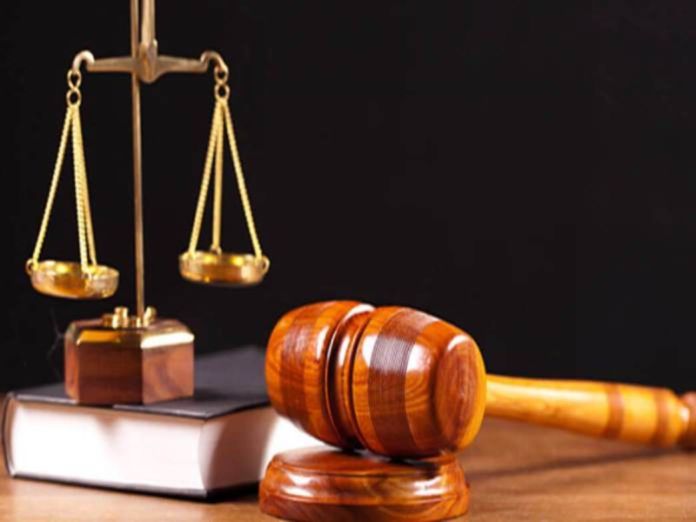4 August 2021
Tanzanian authorities must promptly provide evidence to substantiate charges against opposition leader Freeman Mbowe, or else release him, said Amnesty International ahead of his appearance in a Dar es Salaam court tomorrow. At the time of releasing this statement, police had on 3 August arrested several members of the opposition Party of Democracy and Progress (Chama cha Demokrasia na Maendeleo in Swahili), officially known as Chadema, and a lawyer ahead of planned protests on 5 August against the arrest and continued detention of Mbowe in what appears to be a growing crackdown against the political opposition.
Mbowe is facing charges related to economic crimes and financing terrorist activities between May and August 2020, following his arrest in the early hours of 21 July during a raid on a hotel in Mwanza, northern Tanzania, along with 11 other Chadema officials and staff. Police arrested a further three people associated with Chadema later the same day. All of those arrested at that time have since been released without charge, except for Mbowe.
“Freeman Mbowe was arrested just hours before he was due to launch a programme calling for constitutional reform in Tanzania. The timing of his arrest raises questions around whether this was a tactic to silence critical voices and the onus is now on the authorities to provide evidence to back-up the charges or else promptly release him”, said Deprose Muchena, Amnesty International’s Director for East and Southern Africa.
“Since President Samia Suluhu Hassan’s inauguration, the Tanzanian government has taken some encouraging steps towards allowing greater freedom of expression and association in the country. This case is a concerning development that casts doubt on whether that progress will continue or whether repression will once again be the order of the day.”
Freeman Mbowe was not presented in court until 26 July, more than five days after his arrest. After being charged, he was then transferred from Oysterbay Police Station in Dar es Salaam to Ukonga Prison, also in Dar es Salaam, on 26 July. While Tanzanian law does not specify say how long a suspect may be held before being taken to court, regional and international human rights standards are clear that the state has a legal obligation to present an accused person promptly before a court of law, usually within 48 hours of their arrest.
His 11 colleagues, who were held at Mwanza, were released on 24 July while the other three, who were arrested in Mwanza and transported to Dar es Salaam Central Police Station, were released on 25 July. They were informed that they had been arrested for illegally gathering and contravening Covid-19 prevention measures, although such restrictions are not publicly available in the country.
“While the government of Tanzania has been rethinking its approach to Covid-19 in a positive way and joining the global effort to fight the virus, authorities must not use the pandemic as a justification to target and harass opposition parties. Instead, the authorities must ensure that any restriction imposed to address the public health crisis is widely distributed among the population and not weaponized to silence critical voices,” said Deprose Muchena.
Background
Freeman Mbowe is facing charges of “Conspiracy contrary to Section 4 and 27 of the Prevention of Terrorism Act” and “Violation of the Economic and Organized Crime Control Act”, regarding allegations dating back to the period between May and August 2020. It is not clear why the state waited until last month to arrest him and bring him to court on these charges after he convened a meeting to call for constitutional reform.
















